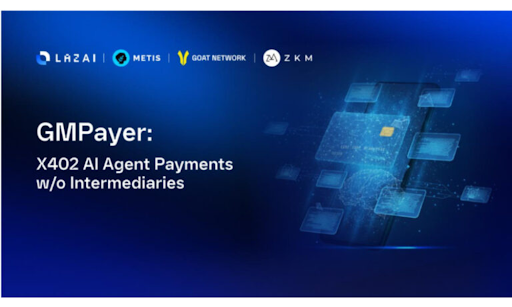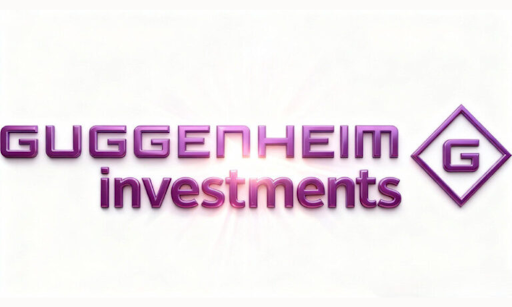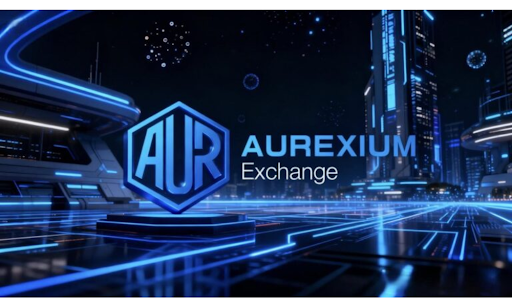SEC Issues First DePIN No-Action Letter Granting Regulatory Relief to DoubleZero

The United States Securities and Exchange Commission issued a no-action letter on September 29, 2025, to DoubleZero, a decentralized physical infrastructure network project. According to Cointelegraph, Michael Seaman, chief counsel of the SEC's Division of Corporation Finance, confirmed he "will not recommend enforcement action" against the planned launch of DoubleZero's 2Z token. The letter stated that DoubleZero's token does not require registration as a security under federal law.
This represents the first no-action relief granted by SEC staff for a digital asset token since 2020. The DoubleZero network provides blockchain systems access to underutilized private fiber optic lines. Network participants who service this infrastructure will receive 2Z tokens as compensation. SEC Commissioner Hester Peirce issued a supporting statement explaining that DePIN tokens "are functional incentives designed to encourage infrastructure buildout" rather than investment securities.
The decision affects the broader decentralized physical infrastructure network sector, which uses blockchain technology to crowdsource real-world physical assets through token incentives. Cryptopolitan reports that the ruling clarified certain token distributions on DePIN networks would not be treated as securities, provided they adhere to specific utility-focused criteria.
Direct Consequences for Infrastructure Projects
The no-action letter provides DePIN projects with reduced legal risk when operating in the United States. Austin Federa, co-founder of DoubleZero, stated that founders who previously spent significant time and legal resources on securities classification questions can now focus on building their networks. The SEC's position acknowledges that DePIN tokens function as compensation for work performed rather than investments expecting profit from others' efforts.
According to CoinDesk, Commissioner Peirce noted that treating such tokens as securities would suppress network growth among distributed service providers. The ruling applies specifically to tokens distributed programmatically for network contributions. Projects must demonstrate that token utility ties directly to verifiable network services such as wireless connectivity, data storage, or computing power.
Following the SEC announcement, the DePIN sector experienced a 3% market increase, reaching $34 billion in total market size. Several projects including Zebec Network, Helium IOT, and Dynex saw gains reflecting optimism about regulatory clarity. This decision represents the third instance where the SEC classified a crypto token category as non-securities, following similar decisions for proof-of-work and proof-of-stake systems earlier in 2025.
Broader Sector Transformation
The DePIN market has experienced rapid expansion in 2025. According to iEx.ec Academy, the total market capitalization now exceeds $50 billion and comprises more than 350 tokens. This figure more than doubled over the past year, driven by rising adoption and expanding infrastructure deployments. The sector is projected to surpass $150 million in annualized revenue this year as infrastructure models prove they can monetize actual usage.
Traditional financial institutions have shown increased interest in DePIN projects following regulatory developments under the Trump administration. The SEC has shifted from an enforcement-first approach to a more collaborative regulatory framework. This transition has accelerated after multiple high-profile crypto enforcement cases were dismissed in early 2025, including actions against Coinbase, Binance, and OpenSea.
The ruling also influences how traditional telecommunications and cloud computing providers view blockchain-based infrastructure competition. DePIN projects can now operate with greater certainty while transforming underutilized resources into shared networks. Commissioner Peirce stated that blockchain technology cannot reach its full potential if regulators force all activities into existing financial market frameworks. However, critics note that regulatory clarity still requires careful navigation across multiple jurisdictions as DePIN projects expand globally.
Further Reading
For those interested in decentralized governance structures that support infrastructure projects, our comprehensive DAO tooling guide provides detailed analysis of over 100 platforms and tools used in decentralized governance. The guide covers voting mechanisms, treasury management systems, and coordination frameworks essential for managing community-driven infrastructure networks.





